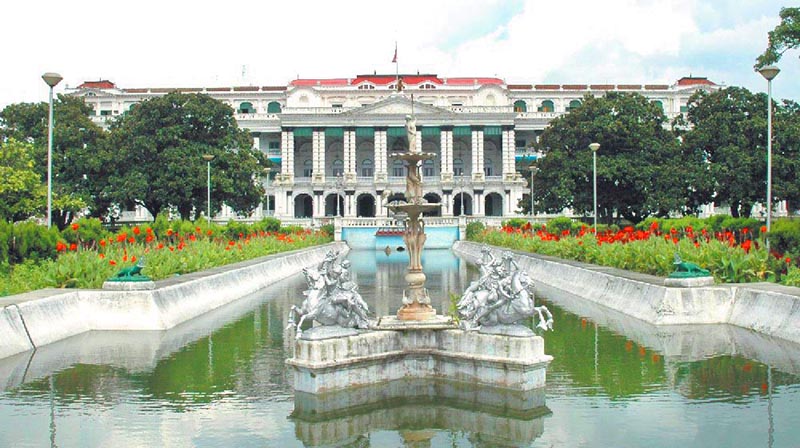Govt issues new National Health Policy
Kathmandu, January 4
The government has issued a new National Health Policy in line with the right to health guaranteed by the constitution, list of functions to be carried out by all three levels of government, relevant policies, international commitments made by Nepal, challenges in health sector and achievements made so far in relation to providing health services to citizens.
According to the Ministry of Health and Population, the new policy will substitute its 2014 counterpart. The constitution has established health as the fundamental right of citizens. The policy aims to maintain the achievements made in the control of communicable diseases, achieve Sustainable Development Goals, reduce infant and maternity mortality rate, and move towards controlling non-communicable diseases, better management of medical emergency and ensuring quality health services to all citizens, including senior citizens, physically and mentally disabled, single women, poor, marginalised communities and communities at risk.
“The new policy was needed to deliver health services to all citizens as per the federal set-up. This policy is based on the guiding principles of free basic health services, equitable access to health services, reform in health system consistent with the federal structure, use of innovative technologies and quality health services, multi-sectoral partnership and collaboration and health good governance to guarantee the fundamental rights enshrined in the constitution,” the policy states.
The vision of this policy is to enable all Nepali citizens to live a quality life with good physical, mental, social and emotional health. “The objectives of the policy will be to create an environment in which all citizens enjoy the right to health; develop, expand and improve health service system in accordance with the federal set-up; ensure quality standards of services to be provided from all levels of health institutions; enhance health security; promote ayurvedic and traditional medical practices, among others,” it states.
In order to achieve the vision and objectives of this policy, the government will develop and expand promotional, preventive, curative and diagnostic services throughout the country; enhance government investment in health sector; make private sector investment service-based; develop trained and skilled human resources; make service providers accountable and responsible; ensure domestic production of essential drugs; make the import, storage, supply, sale and price determination of drugs scientific; adopt public health disaster preparedness; develop integrated health system; promotion of nutrition; encourage research and study; develop and expand oral, ENT and specialised health services to all levels; increase life expectancy of citizens; and reduce infant and maternity mortality.
The policy has also identified key challenges to the health sector. It said health services had yet to reach to the citizens from all regions, strata, class and community as envisaged in the constitution. Emergence of new communicable diseases and increase in non-communicable diseases are posing a threat to public health and productivity of citizens. Non-communicable diseases account for over 60 per deaths in the country, it states. Growing incidents of natural disasters and road accidents are among the key challenges to health sector.
According to the policy, unplanned urbanisation, urban lifestyle and pollution have made it difficult for the government to expand health services focusing on poor and marginalised communities in urban areas.






